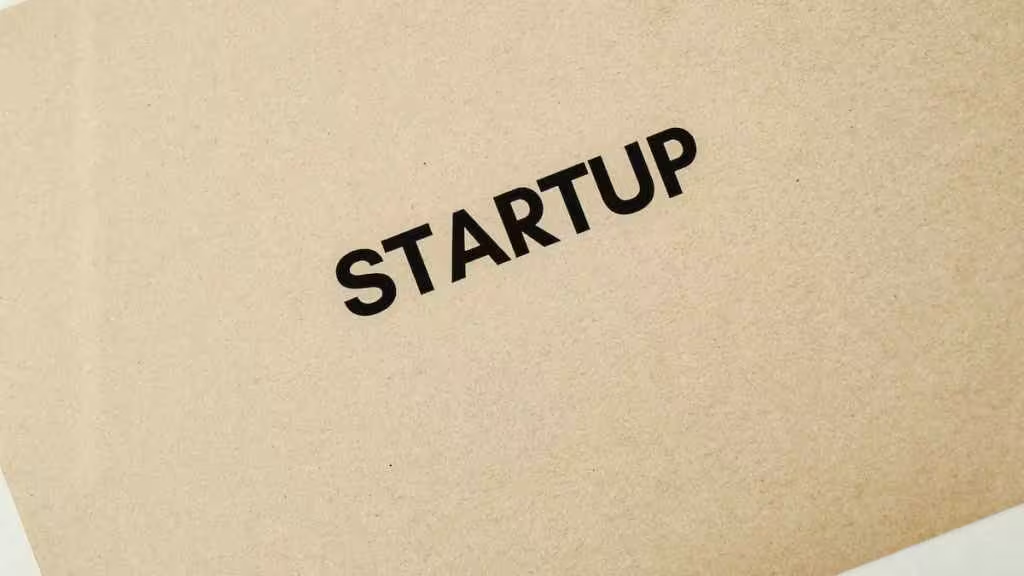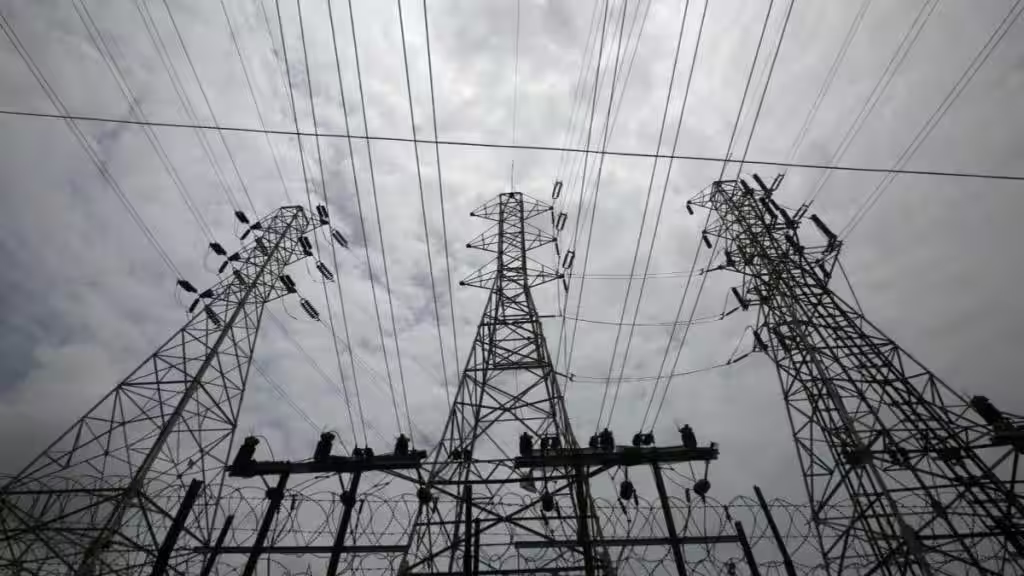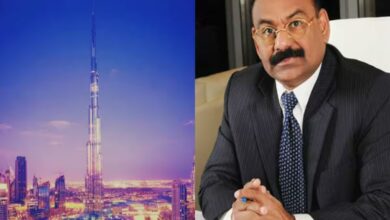EU Guidelines. To combat false news, TikTok creates “election centres” inside its apps
Today, February 14, TikTok said that it will create “in-app election centres” for each of the 27 EU nations.

The social media platform made this decision in an effort to stop the propagation of false material online in time for the June elections in the bloc.
According to a statement from Kevin Morgan, TikTok’s director of trust and safety for Europe, the Middle East, and Africa, the tool will be accessible starting next month to help users “separate fact from fiction.”
“These election centres will be a place where our community can find trusted and authoritative information, working with local electoral commissions and civil society organisations,” Morgan said.
Similar systems have already been put in place for national elections in Greece, the Netherlands, Poland, Slovakia, and Spain, beginning in 2021. TikTok is owned by the Chinese business ByteDance.
TikTok said that it collaborates with nine fact-checking groups from throughout the European Union that evaluate the veracity of material in eighteen different languages. The corporation also said that it employs over 6,000 individuals in the EU to moderate material.
Online sites, such as Facebook and TikTok, that have an average monthly user base of over 45 million are required under the EU’s new Digital Services Act (DSA) to take action against misinformation and election manipulation. These guidelines will be implemented universally on Saturday, February 17.
Thierry Breton, the EU Industry Commissioner, issued a warning to parliamentarians last week on “geopolitical instability” and “manipulation of citizens” in the run-up to the June elections, which will see some 400 million people cast ballots.
Breton said, “We have to be vigilant; foreign meddling of all kinds will target the electoral period.” He suggested that platforms should prominently label deepfakes and any digitally altered material as a potential countermeasure to false information found online.
According to TikTok, video produced by artificial intelligence (AI) will need authors to classify it because it “brings new challenges around misinformation.”
“We don’t tolerate misleading or manipulated content, such as AI-generated content (AIGC) featuring public figures that shows them endorsing a political viewpoint,” Morgan said.
In anticipation of the global election season, US social media giant Meta said on February 6 that it would begin tagging AI-generated images posted to its Facebook, Instagram, and Threads platforms in the next months. Voting is planned for this year in the US, India, and Indonesia, among other nations.
According to Meta, the company is developing technologies to detect AI content at scale and separate deepfakes from false information.
The EU executive requested comments on the proposed DSA guidelines on election integrity on February 8. In advance of the elections, the goal is to provide businesses with best practices and potential countermeasures for systemic threats on their platforms.






